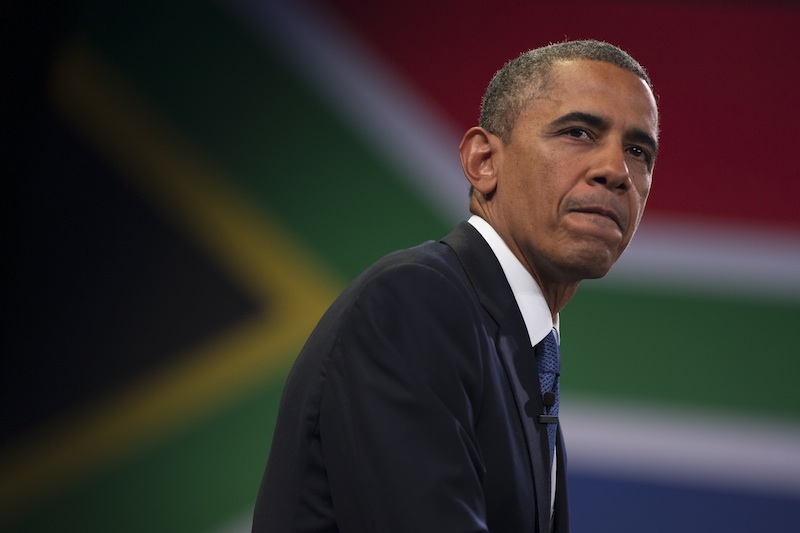We’re awaiting further guidance from the Obama administration on its decision to delay the ACA’s so-called “employer mandate” for a year. But I think we already know enough to say that if this is an attempt to avoid political accountability for controversial parts of Obamacare, as its critics claim, it’s an unusually bizarre and self-defeating one.
In fact, I think you can make a decent case that the administration is actually doubling down on the most crucial and politically high-valence part of the law.
Let’s start with the easy stuff.
At a level of pure political communication, the move is counterproductive. Cynically, you might say that the administration is placating a small subset of big businesses during an election year at the cost of a very public and pricey implementation snafu. I don’t think that’s a great way to evaluate the decision, but it gives lie to the idea that this was a straightforward and craven accountability dodge.
Relatedly, one of the knocks against Obamacare is that the whole program may become fiscally unsustainable. Delaying the employer penalty fits that argument so neatly, you have to imagine it’s meant to be temporary, modest — and not a decision reached lightly.
Much more importantly, though, the employer-penalty decision interacts with the rest of the law in ways that actually increase the political stakes in 2014. What the administration has done is given some businesses that currently don’t offer their employees insurance a year-long reprieve from choosing between offering coverage or paying a penalty. It’s also created a small new incentive for some firms that do offer their employees insurance to take a risk and nudge their employees into the subsidized exchanges, penalty free.
In both cases, the effect is that more individuals will interact with Obamacare than expected. As accountability dodges go, this is about as likely work as forced conscription.
We probably need more information from the administration to estimate the magnitude of the shift. And from a purely theoretical perspective, the more working-age people in the exchanges, the better the most critical part of the ACA is likely to function. But if the implementation of this part of the law is bumpy as expected, then the craven political move would be to temporarily limit the number of people who have to interact with it. What they’re doing instead is the exact opposite.
I assume Republicans will rightly ask the Congressional Budget Office to analyze both the fiscal consequences of the decision and its impact on coverage — how many people will now be insured and by whom. I don’t expect that analysis will point to a highly political calculation by the administration.






